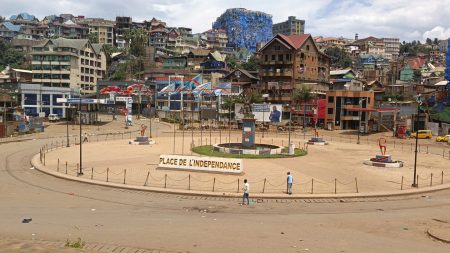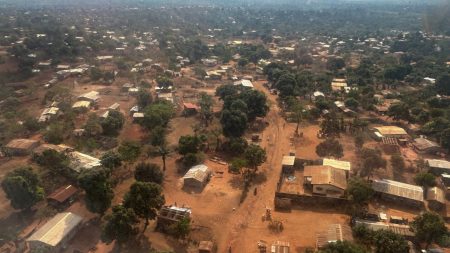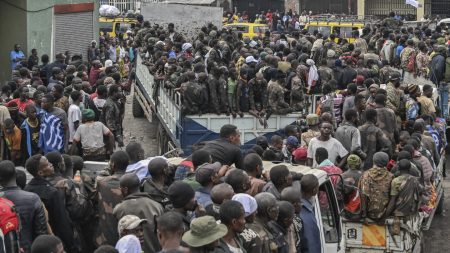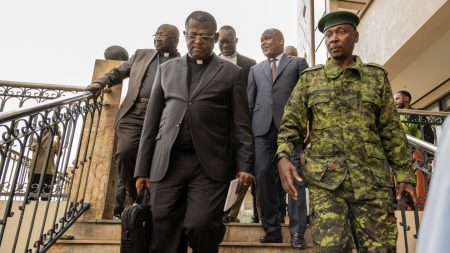The Controversy Over U.S. Funding Cuts to South Africa
In a recent and contentious move, U.S. President Donald Trump announced his decision to cease all funding to South Africa, citing human rights violations. This decision has sparked significant debate, with many attributing the move to the influence of Elon Musk, a high-profile entrepreneur with South African roots. Musk has been vocal about his views on South Africa, particularly regarding land ownership laws, which he has criticized as discriminatory against the white minority. While Trump did not provide specific details, his statements seem to echo Musk’s concerns, suggesting a complex interplay of political and personal factors.
Understanding South Africa’s Land Expropriation Law
At the heart of the controversy is South Africa’s new Expropriation Act, signed into law by President Cyril Ramaphosa. This legislation allows the government to expropriate land under specific circumstances, such as when land is unused or when redistribution serves the public interest. The law aims to address historical injustices stemming from the apartheid era, during which land was forcibly taken from Black people, confining them to segregated areas. Ramaphosa has clarified that no land has been confiscated and has expressed openness to discussing the matter with U.S. officials, emphasizing a misunderstanding of the law’s intent.
Elon Musk’s Vocal Stance on South Africa
Elon Musk, a South African native, has been a controversial figure in this debate. He has previously accused the Ramaphosa government of allowing a "genocide" against white farmers, referencing violent crimes. However, experts argue that these incidents are part of South Africa’s broader high crime rates, affecting all demographics, with the majority of victims being Black. Musk has also criticized South Africa’s affirmative action policies, which aim to promote economic equality post-apartheid. His comments have drawn attention to his business interests, particularly after his Starlink service was denied a license in South Africa for not meeting affirmative action criteria.
Race and Socioeconomic Realities in South Africa
South Africa’s racial dynamics remain fraught, over three decades after apartheid’s end. Despite progress, significant disparities persist, with whites generally enjoying a higher standard of living. Land ownership illustrates this divide: whites, comprising only 7% of the population, own about 70% of the land. However, the new land law has faced criticism, with some groups challenging it in court, arguing it allows uncompensated expropriation. While South Africa grapples with socioeconomic challenges and a lingering apartheid legacy, it is recognized as a stable democracy, countering narratives of rampant racial tension.
Potential Consequences of Trump’s Funding Cuts
Trump’s announcement threatens approximately $400 million in annual U.S. aid, predominantly allocated to HIV/AIDS programs through PEPFAR. This move could severely impact these critical health initiatives, which have already faced funding freezes. Additionally, there are concerns about South Africa’s potential exclusion from the AGOA trade agreement, which provides tariff-free access to the U.S. market. While Trump has paused tariffs on Mexico, the broader implications for South Africa’s economy and its relationship with the U.S. remain uncertain and potentially damaging.
Broader Implications and Understanding the Context
The fracas over U.S. funding highlights the intricate dance of international relations, influenced by personal and political agendas. South Africa’s efforts to redress historical injustices through land reform are at odds with critiques from high-profile figures like Musk, whose views amplify global attention on the issue. The situation underscores the challenges of balancing economic and social reforms with international perceptions and political alliances. As the U.S. and South Africa navigate this diplomatic rough patch, the focus should remain on fostering mutual understanding and cooperation, essential for addressing the complex issues at hand.












